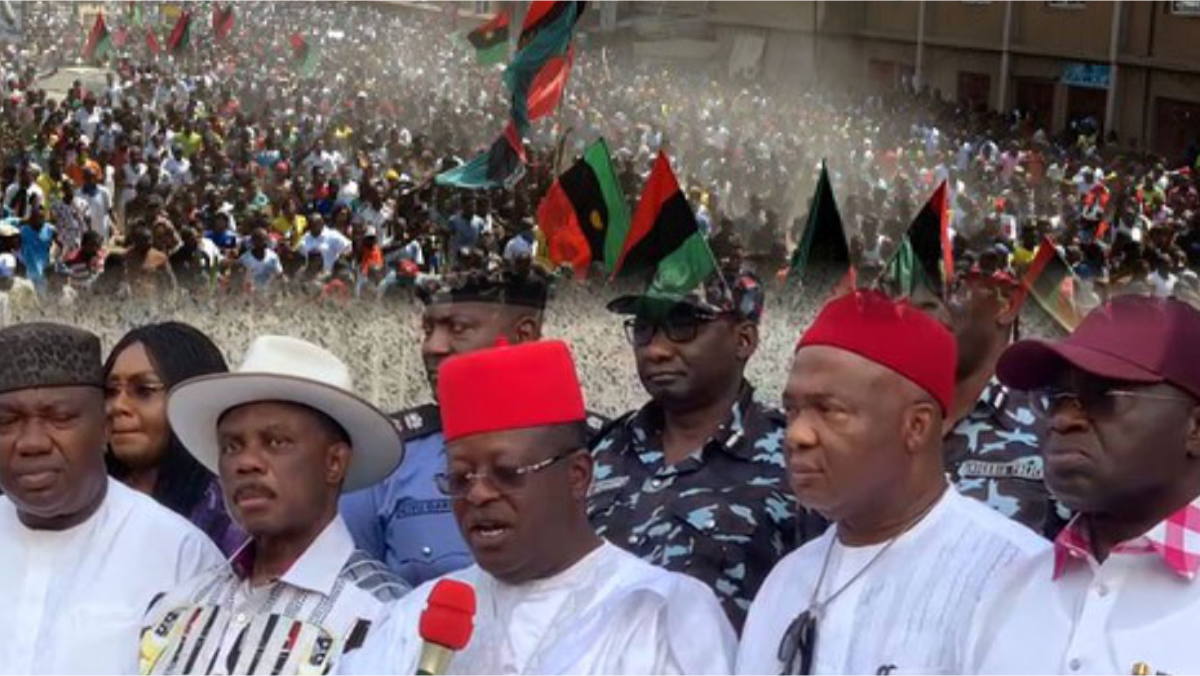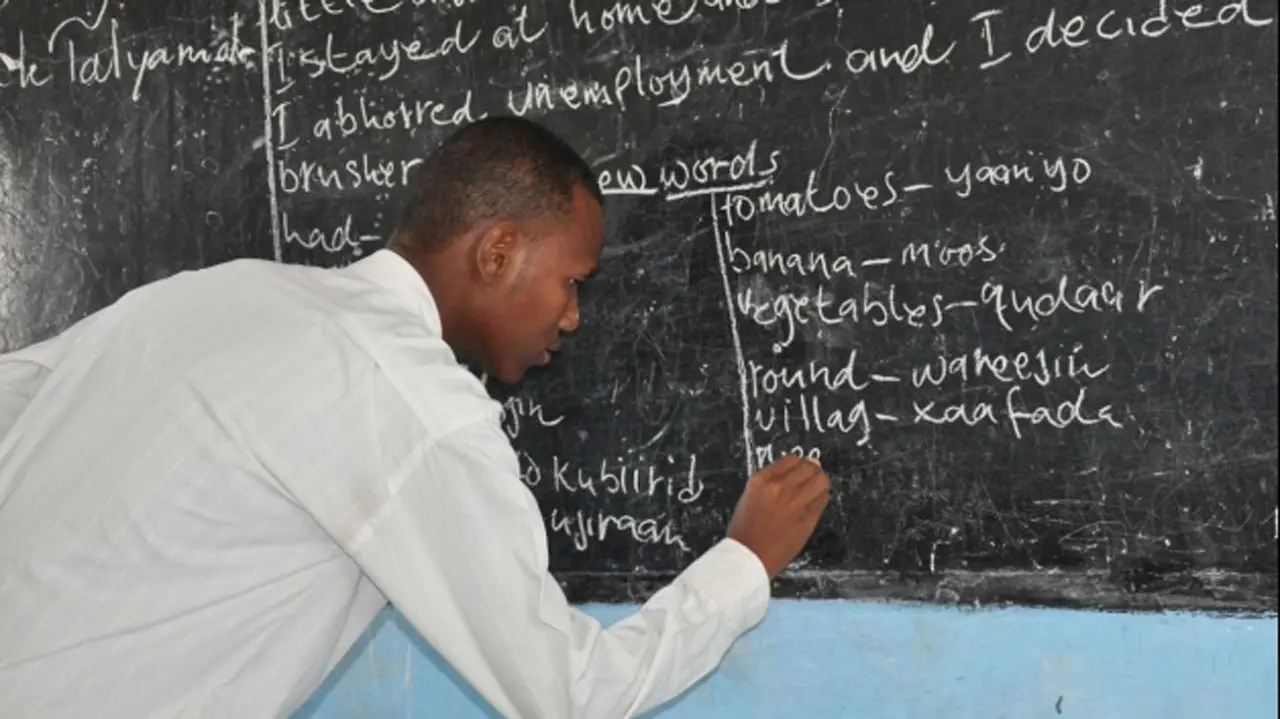Osinbajo tasks judiciary on speedy trial, appointment of judge, salary structure – The Sun Nigeria

According to Osinbajo, “there is also no doubt that the speedy delivery of justice cannot wait any longer. Our system’s reputation for repeatedly causing what the UK Court of Appeal has called ‘catastrophic delays’ must be reversed.
We can do better. We must do better. Our problems are ours, not the minds, to solve. We must be deliberate in our approach. We need to rediscover those attributes that have made the Nigerian judiciary a provider of high caliber judicial personnel to other countries on the continent.
“Devising workable solutions to the problem of delays in the court system and implementing a court monitoring system are the remaining areas of focus.”
The vice-president indicated that the system in the social conditions of the judicial officers must be reinforced to make them live above all edge and to attract also the best brains in the magistrature.
He challenged the bar association to use the summit to address the issue of the long delay in resolving cases in the national court, as such, he said, it goes a long way in determining how other nations see Nigerian and want to invest in the country.
The VP faulted the way and manner in which appointees are vetted, adding that the bow policy should be dropped, adding that appointing issues should no longer be handled with kid gloves.
On the issue of appointments, I think it’s fair to say that for virtually any job, regardless of whether it’s junior or senior, it’s normal for the candidate to go through a process of assessment and interview. The rigor of these processes generally depends on the enormity of the responsibility the candidate has to shoulder, and ultimately the outcome considered reasonable from such an exercise is that the best of the candidates will come out on top.
It is therefore quite amazing that the process of evaluating and hearing judges, men and women legally empowered to literally determine the lives and livelihoods of others, is one of the least harsh imaginable.
In the United Kingdom, where most of the structures of our judicial system come from, candidates for judicial office in the superior courts go through several selection processes, at one time there were 17 stages, including examinations writings, interviews and role plays. They undergo rigorous background investigations, including professional qualifications and abilities, public records, court filings and personal financial affairs; evaluation by the Bar on integrity, professional competence and judicial character. And in the United States, Supreme Court nominations involve rigorous public selection by the Senate, which sifts through the nominees’ entire public and sometimes private lives. This is the nature of the harshness that anyone who should hold the power of life and death, and power over the livelihoods of others, should experience. This shouldn’t be a “bowing down” situation at all. It must be rigorous, because as soon as the person is appointed to a high office of this kind, he is unleashed, so to speak, on the rest of us.
The robustness and transparency of the processes in these jurisdictions reassure candidates of the fairness of the selection process and allow the public to have a front row seat in some of these processes.
Also, if we ask the best of our judicial officers, we must also ensure that the conditions under which they operate are not only suitable but sufficient to attract the best minds of our profession. The remuneration and well-being of judges are essential. Why should a judge earn so much less than a federal legislator? There is no basis for this. We should actually compare without necessarily creating fresh new legislation because the Legislature has no legislation on their own wages.
If we compare what a Federal Court Officer/Court of Appeals Judge earns to what a member of the House of Representatives earns, you will see a startling difference. If you compare a Supreme Court justice to what a senator earns, you will notice the difference. If we start this quick process now, we wouldn’t have to go through the rigorous legislative process. We would just compare salaries even though we call it allowances.
The truth is that the responsibilities of the judge or the judge of the Supreme Court/Court of Appeal are such that they must be well compensated. They are such that when they retire they should be able to go to the houses they own in decent places where they live. It is as it should be. We shouldn’t have a situation where judges worry about not having a home to go to when they retire because their current salaries can’t build anything decent. We have to make sure that these are the conditions that are met.
Also speaking at the event, the Attorney General of the Federation and Minister of Justice (AGF), Abubakar Malami (SAN), called for more transparency and openness in the administration of the budgets of the judiciary branches. and government legislation.
The AGF, which was responding to questions during the opening plenary, noted that the judiciary has consistently bemoaned the lack of funding and yet no one can tell how the money allocated to them has been spent.
He further stated that for the issue of insufficient funding to be resolved in the court system, there must be a system in place that will allow the opening of the financial books. “The starting point is transparency and accountability…that the books are open,” he said.
According to the AGF, even if the budgetary allocation of justice is higher than that of the National Assembly, the legislators seem better off than justice, hence the need to know how much is planned and how it is applied.
The same way the executive opens its books to public scrutiny, the same way lawmakers and the judiciary should open theirs,” he said.
On the issue of the appointment of judges, Malami advocated the need for legislation that will remove all bottlenecks that take away merit in the process of selecting and appointing magistrates.
He argued that the current guidelines used to select and appoint judges promote incompetence, adding that consideration of the principle of federal character further robs the bench of merit when making appointments.
Meanwhile, a former president of the Nigerian Bar Association (NBA), Olisa Agbakoba, who has described Vice President Yemi Osinbajo as one of his heroes, praised him for his contributions to transforming the Lagos State judicial system during his tenure as Attorney General.
Agbakoba recalled Prof. Osinbajo’s efforts to drive judicial reforms in Lagos and described him as his hero, especially in leading the charge for justice sector transformation in Nigeria.
According to him, “two heroes I have, one is actually the Vice President, as the Attorney General of Lagos State, you delivered quickly and straight to the point, and things worked out.”
The former NBA President noted that as Lagos State Attorney General, Osinbajo won the hearts of many through his pragmatic leadership of the justice sector in the state.
In a similar vein, Supreme Court Justice Amina Augie noted that during her tenure as Lagos State Attorney General, the Vice President “did a tremendous job and things were working well at the ‘era”.
The Supreme Court Justice explained that “during the time when our Vice President was Attorney General of Lagos State, I participated in at least 3 stakeholder forums where documents were presented on what the government wanted to do in the justice sector in Lagos. . Every time before he came up with a new law like the civil procedure law and others, they held a stakeholder forum and got input from everyone.
They had a kind of synergy and it worked for everyone, and before you knew it, Lagos State would have come up with a new law that would become a model that other states were now following.
Earlier in his welcome address, the President of the Bar Association of Nigeria (NBA), Mr. Olumide Akpata noted that the declining state of the country’s justice sector was the main reason for convening the summit. .
“Today, I believe our call to action must begin with our admission of the state of affairs of our administration of justice with which we are deeply dissatisfied. There is a convergence of opinion from both the bar and judiciary that the Nigerian judiciary is not functioning optimally,” he said.
Among the issues that the NBA president said would be considered at the summit is the judicial appointment process for various courts across the country which “must be led not only by the best hands we can find, but also by incorruptible spirits”.
He urged stakeholders to engage in statutory and constitutional reforms, institutional and funding reforms and workforce reforms for the desired change to take place.
“The lip service we have given to these reforms over the years must stop from today,” he said, while calling on both the bar and the judiciary to eliminate any divisive trend that hampers the efficiency of the justice sector in Nigeria.






